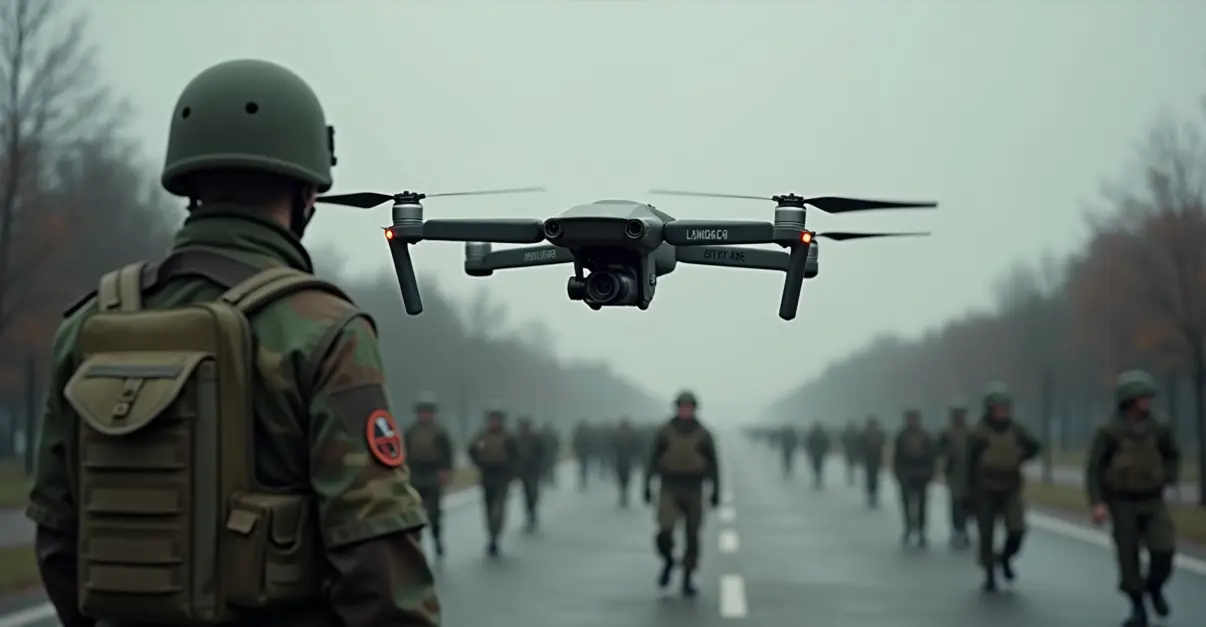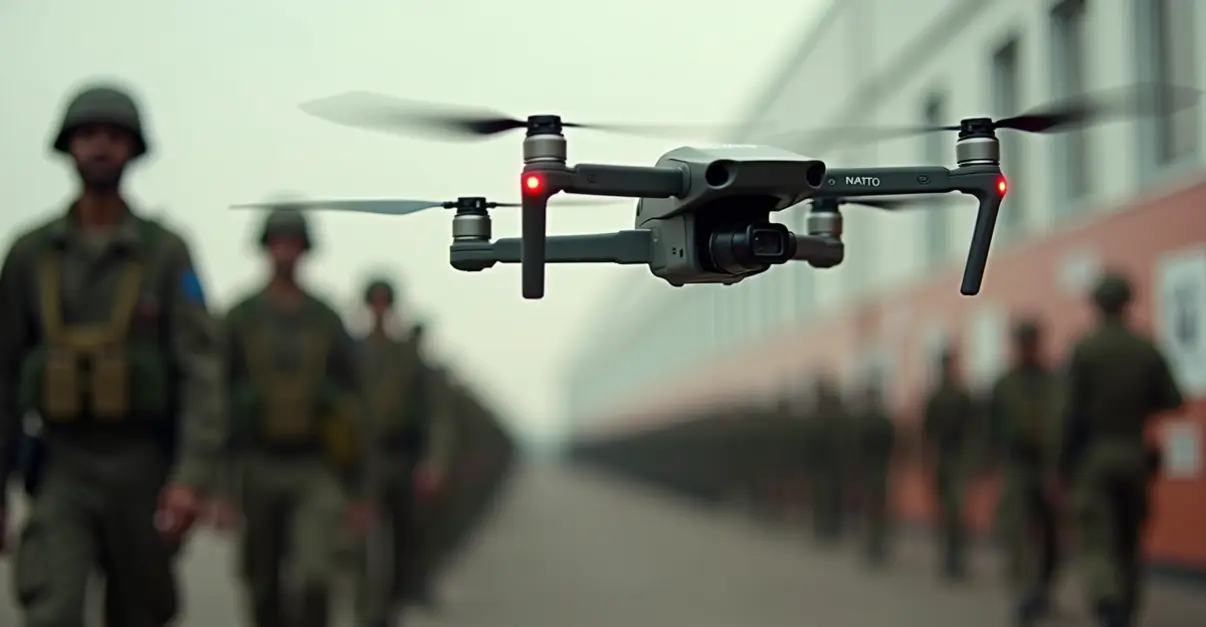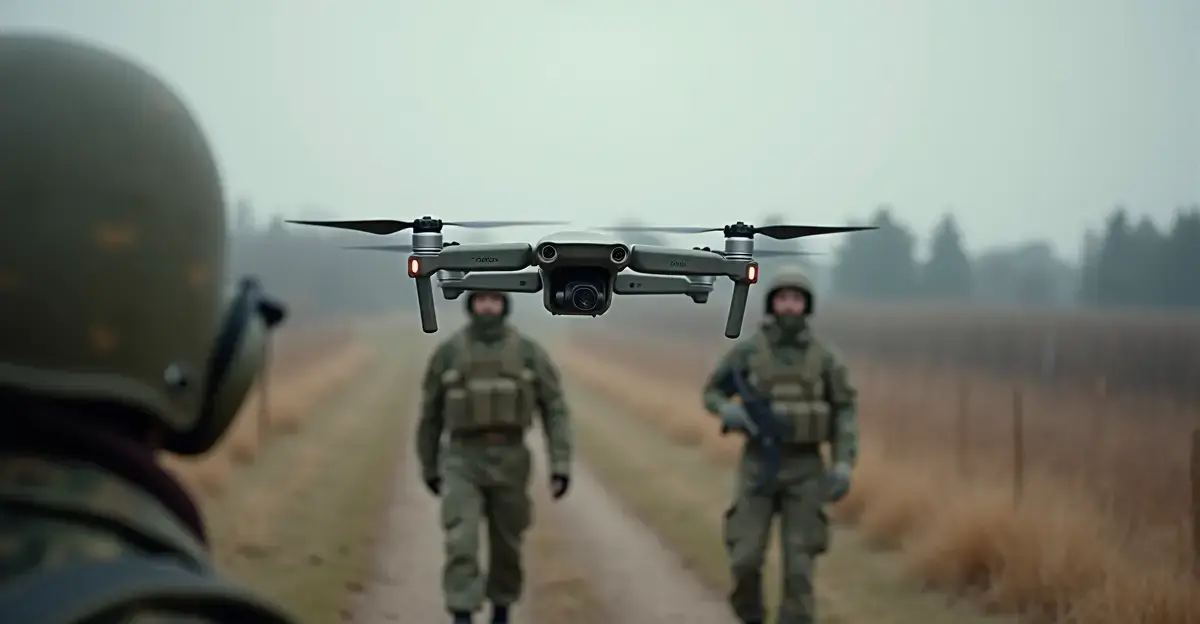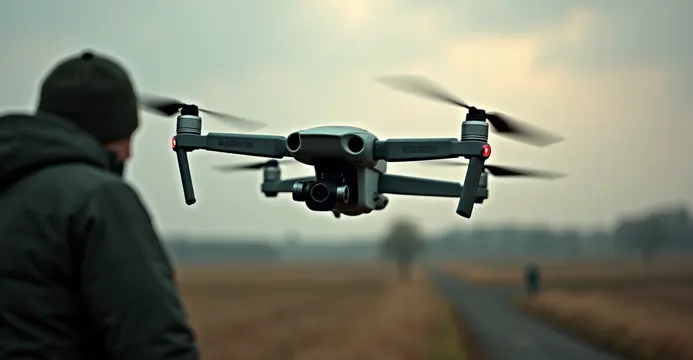Dutch military forces in Poland faced drone interference during NATO exercises, highlighting vulnerabilities in air defense systems and raising concerns about regional security.

NATO Exercise Interrupted by Unidentified Aircraft
Dutch military forces participating in the NATO Falcon Autumn exercise in Poland have experienced significant disruptions from unidentified drones, according to confirmation from the Netherlands Ministry of Defense. The incident occurred during recent weeks as the Dutch Airmobile Brigade was conducting large-scale air operations alongside Polish and American forces at a deserted airfield in eastern Poland.
Communication Breakdown and Operational Challenges
The drones not only appeared unexpectedly but also interfered with military communications, creating operational challenges for the Dutch forces. 'We had no direct threat, but we were definitely hindered,' stated Brigadier General Frank Grandia, commander of the Dutch forces involved. 'We are quite some distance from the Russian border, but we learned immediately from this and adapted right away.'
What made the situation particularly concerning was that the Dutch troops lacked drone defense systems during the initial incident. These systems had to be rapidly deployed from the Netherlands following the drone encounters. The military adapted their training procedures to continue operations despite the interference.
Regional Security Context
This incident occurs against a backdrop of increasing drone activity across Eastern Europe. Polish airspace has been repeatedly violated by unwanted drones in recent months, with the Polish military attributing many of these incursions to Russia. The Kremlin has consistently denied these accusations or declined to comment on specific incidents.
Dutch F-35 fighter jets have been actively involved in defending Polish airspace, having shot down Russian drones in previous incidents. This marks a significant escalation in NATO's direct involvement in air defense operations along its eastern flank.
Broader European Drone Incidents
The Poland incident is part of a wider pattern of suspicious drone activity across Europe. Similar incidents have been reported in Denmark, Norway, and Germany, where drones have flown over critical infrastructure including parliament buildings and military bases. In some cases, these incidents have forced major airport closures and disrupted civilian air traffic.
NATO Response and Strategic Implications
Military analysts suggest these incidents reveal vulnerabilities in NATO's air defense systems. The alliance is now focusing on improving its capabilities to detect and counter drone threats. 'We know there are parties with extraordinary interest in what we do and who follow our exercises,' General Grandia noted, highlighting the intelligence-gathering potential of such drone operations.
In response to the growing drone threat, the Dutch caretaker government has recently announced plans for a drone testing area over the North Sea, while Germany is working to enhance its anti-drone capabilities.
The Falcon Autumn exercise continued despite the drone interference, demonstrating NATO's commitment to maintaining operational readiness even under challenging conditions. However, the incident underscores the evolving nature of modern warfare and the need for continuous adaptation to emerging threats in contested environments.

 Nederlands
Nederlands
 English
English
 Deutsch
Deutsch
 Français
Français
 Español
Español
 Português
Português









